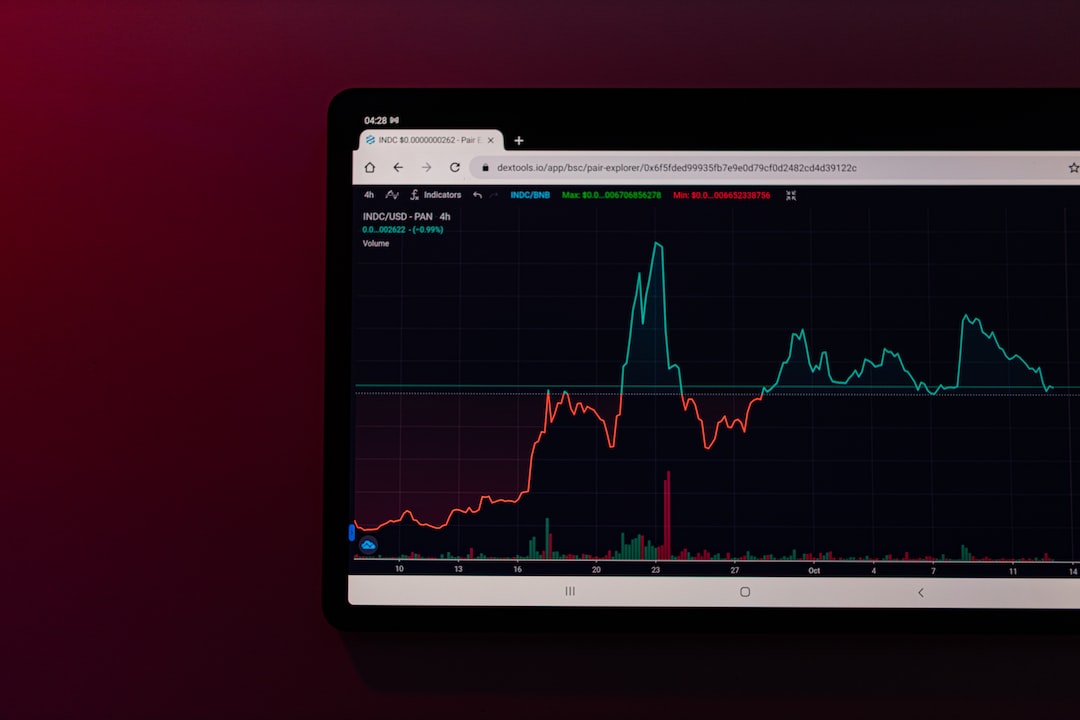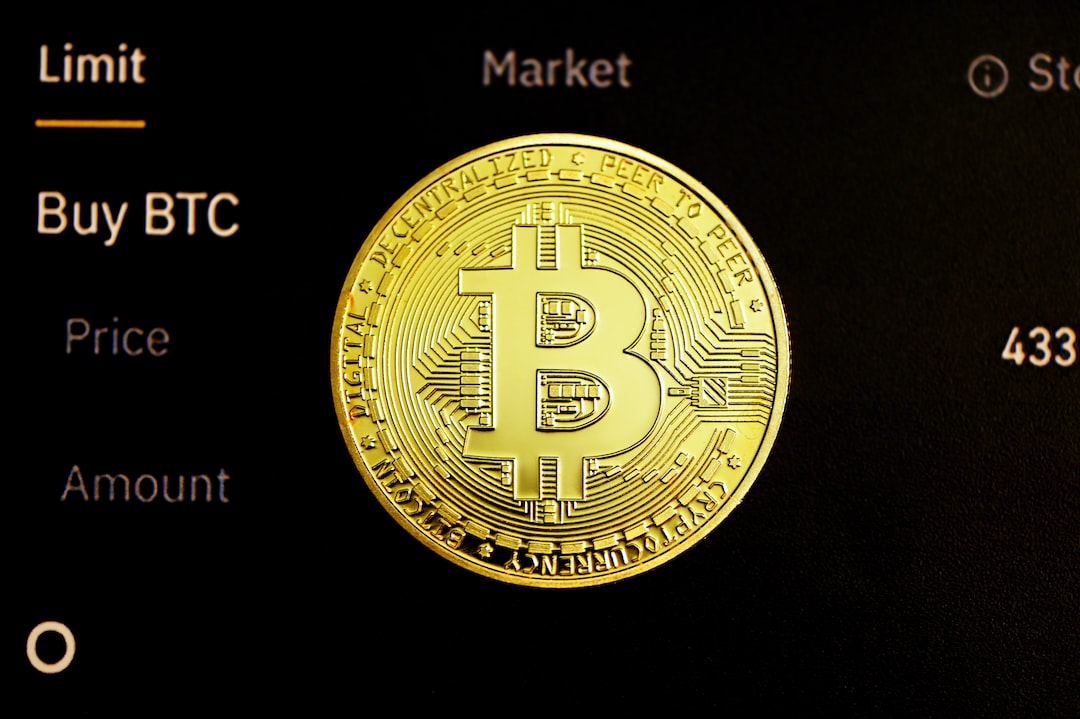Bitcoin Transaction Fees: Costing More Than Daily Income
Bitcoin (BTC) has experienced a 10% surge in just two days, climbing from below $40,000 to over $44,000 on December 6. However, this bullish volatility comes with a downside – Bitcoin’s average transaction fee now equals the average global population’s daily income.
The Average Global Personal Income
A study conducted by Zippia in April 2023 revealed that the average global personal income is $9,733 per year or $26.66 per day. Burundi has the lowest average annual income at $220, while Monaco boasts the highest at $186,080.
The Rising Bitcoin Transaction Fees
Currently, Bitcoin transaction fees stand at a daily average of $25.02 or 56,740 sats per transaction. A satoshi (sat) represents the smallest unit of Bitcoin, with 1 BTC consisting of 100 million sats.
The Challenges Faced by Bitcoin
With each Bitcoin transaction costing what an average person earns in a day, it becomes evident that Bitcoin faces obstacles in fulfilling its goal of becoming a global currency. The concept of “the Bitcoin standard” suggests that conducting just one financial transaction daily would consume the global average annual income.
A Historical Perspective on Transaction Fees
In the past, Bitcoin reached its all-time high average transaction fee of $62.78 on April 21, 2021. On May 8, 2023, fees peaked at $31.14 and are currently higher than the cost of a Big Mac.
How Do Average Bitcoin Transaction Fees Work?
Bitcoin has limited transaction capacities compared to other cryptocurrencies. Transaction fees serve as a prioritization mechanism, allowing users to outbid one another for faster confirmations. It takes approximately two hours for a Bitcoin transaction to be considered final after the first confirmation, creating an urgency to settle transactions during high-volatility events.
Mempool.space calculates the $25 average by analyzing all transaction fees paid in the last 144 blocks (24 hours).
The Significance of Average Transaction Fees
Despite being dynamic data, average transaction fees provide valuable insight into Bitcoin’s effectiveness as a form of money. A higher average fee implies less organic demand from the global population. As demand for block space and usage increases, fees are expected to rise.
Experts argue that higher fees are necessary to maintain network security. With the block subsidy halving every four years, miners’ rewards decrease, necessitating compensation to sustain the same hashrate levels.
The Paradox of Rising Fees
It is widely accepted that Bitcoin transaction fees will continue to rise in the coming years. However, this creates a paradox as it reduces accessibility to the cryptocurrency.
Seeking Alternatives
In response to escalating fees, cryptocurrency users often turn to alternative networks with lower or zero fees such as Nano (XNO), Monero (XMR), Bitcoin Cash (BCH), Litecoin (LTC), Dash (DASH), ZCash (ZEC), XRP Ledger (XRP), among others. Consequently, fee hikes can be seen as precursors to altseason events.
Hot Take: The Impact of Soaring Bitcoin Transaction Fees
The surge in Bitcoin transaction fees raises concerns about its viability as a global currency. While Bitcoin continues to experience price volatility and attract investors, its transaction costs make it less accessible for everyday use. As fees rise, users may turn to alternative cryptocurrencies that offer lower or zero transaction fees. This poses a challenge to Bitcoin’s goal of becoming a widely adopted medium of exchange. The crypto industry will need to address these issues to ensure the long-term success and adoption of Bitcoin.





 By
By
 By
By
 By
By
 By
By
 By
By